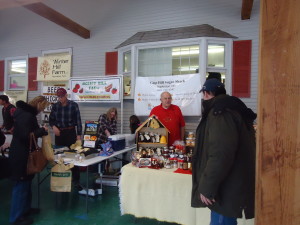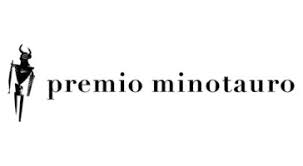
I was getting all excited last night over the idea of making my next purse. I can work with leather, and I don’t want something that looks like what everyone else has, so… But as I went to bed and was mulling over everything I needed and this post I needed to write, and an excellent exposition by Pam Uphoff on World Building for writers, starting from the little things, it came together in my mind.
In your fictional world, who makes things? Surely not slave labor in China, so whom? If you write SF, how do materials get to planets? One trope of science fiction is the replicator, but very rarely is that explained either. It becomes magical, like fantasy, where you snap your fingers and, “voila!,” you have whatever it was that you wanted, whether that be cloudberries and hummingbird tongues, or a HY768 conversion ring for an interstellar Engine of Doom!
First off, none (or very little) of this needs to go into your story, unless it is a story about how things are made. Which could be a lot of fun for some readers. Others would yawn and close the book. But you should spend some time thinking about it. You want to avoid just having “things appear magically,” whether you are writing fantasy with magic, or science fiction with very advanced technology. Remember, everything in life has a cost, even in the future, or another universe.
These little details will enrich your storytelling, giving the world you have built a depth and resonance with your readers, who are all too familiar with the daily grind. Coming back to my leatherworking, I picked it up because my father is a reenactor. I’m familiar with what it took to feed, clothe, and provide for a family in the pre-industrial age. If you are writing high fantasy, set in a feudal time, do you know what it would have taken to keep your elegant court ladies dressed in the height of style? What would the peasants have worn, and were there sumptuary laws that forbade them certain cloths and colors?
In science fiction, where does the energy come from? Has fusion finally been achieved? Even if your society relies on nanotechnology to act like 3-D printers, replicating everything from machined parts to a rare steak, where does the energy to execute that come from? If your civilization has spread across the galaxy, what trade goods would be valuable enough to risk ship and crew on journeys to markets across planets? There have been many stories about trade, because in our own history the tales of the Silk Road, the search for spices, and exploration have captured the imagination for centuries. I know I enjoy a well-told story of trade and exploration, but I also understand the economics of what drives that, and limits it.
Ask yourself questions, as you plot, and when your characters start to come to life on the page, give them a rich world, but limits to make it more real to your reader. Finally, in a super-advanced world where everything is made by technology, does handwork become highly valued, or discarded? I’m going to be thinking about that while I poke my fingers with the awl later!











1 Comment